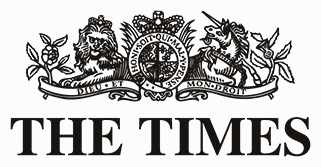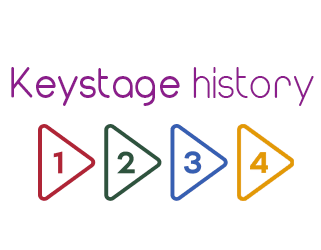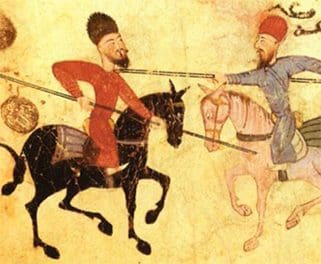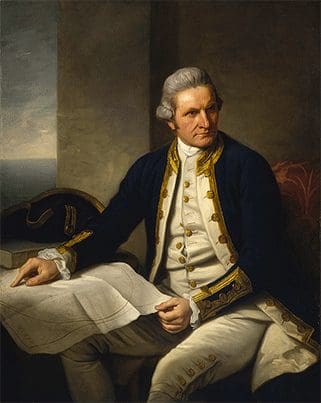
In the Times today, 6 November, Michael Gove the architect of the existing National Curriculum, predictably weighed in with a blistering condemnation of Briget Philipson’s planned reforms. Curiously he left out any mention of history largely, I assume, because the changes are quite limited. Here is The Times summary of what has changed for primary history:
Programmes of study will be “suitably modernised and refreshed” so that teachers can draw on a range of figures and content that best suit the needs of their pupils and “paint a picture of a modern and forward-looking Britain”.
The Holocaust will remain a compulsory topic at Key Stage 3. However, teachers will be able to reflect the diversity of British history, including British black and Asian history. Local history will also be encouraged, with the curriculum both mirroring modern society and giving a “window through which every child is connected to the world beyond their existing horizons”.
Children could learn about cotton mills in Lancashire and Yorkshire during the Industrial Revolution or the Bristol bus boycott of the 1960s.
The government says it will improve history lessons so that children can critically appraise historical sources as well as developing strong discipline* knowledge.
*I think they mean disciplinary knowledge.
All the recommendations of the review have been accepted by the DfE as shown below:
- Improve the understanding and application of disciplinary knowledge and skills through additions and amendments to the disciplinary terms used (Accepted by DfE). This is encouraging to read as it clearly places a greater emphasis on disciplinary knowledge when OFSTED’s reports have moved the debate much more towards substantive (content) knowledge
- Clarify the statutory and non-statutory content requirements to better support teachers in recognising and understanding the optionality that exists across key stages 1 to 3 (Accepted by DfE) By ‘optionality’ it means not covering every suggested area of content listed in the Programmes of Study , as bullet points) as they are non-mandatory. Instead, teachers can shift the emphasis if there is a strong reason e.g. a local history link or to bring greater diversity.
- Support the wider teaching of history’s inherent diversity, including through the analysis of a wide range of sources and, where appropriate, local history (Accepted by DfE) Again, a repeated emphasis on local history as a nod towards a more inclusive curriculum reflected the school’s local area and make-up the community
- Review GCSE history subject content and assessment (including assessment objectives) to ensure understanding of disciplinary knowledge is advanced and concerns about overload are tackled (Accepted by DfE)
- Ensure that assessment is fit for purpose and aligned with the aims of the GCSE (Accepted by DfE)
Please find the original article in the Times here (subscription required)








